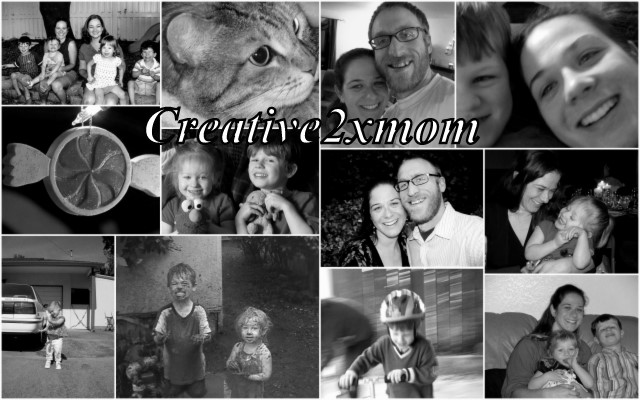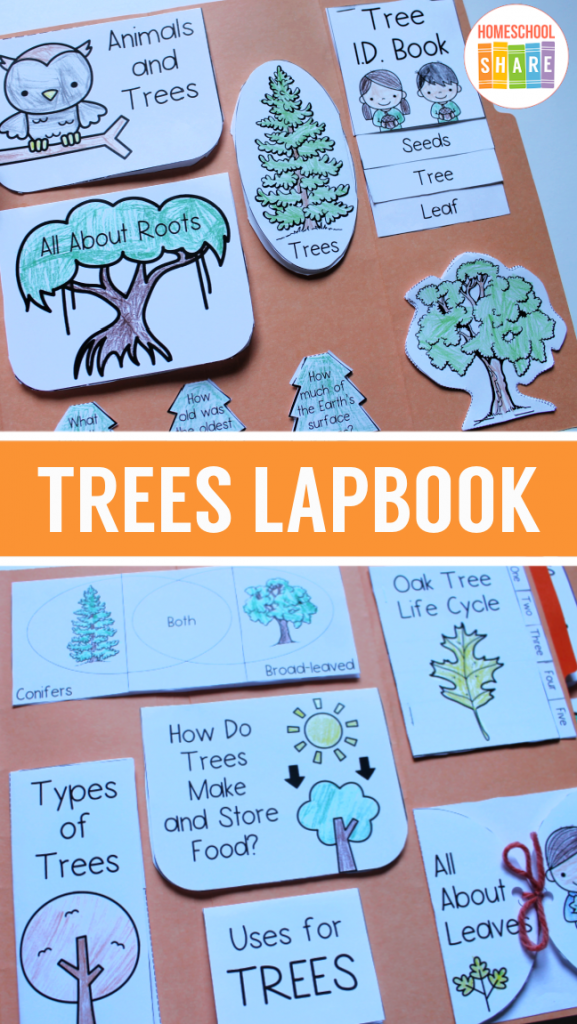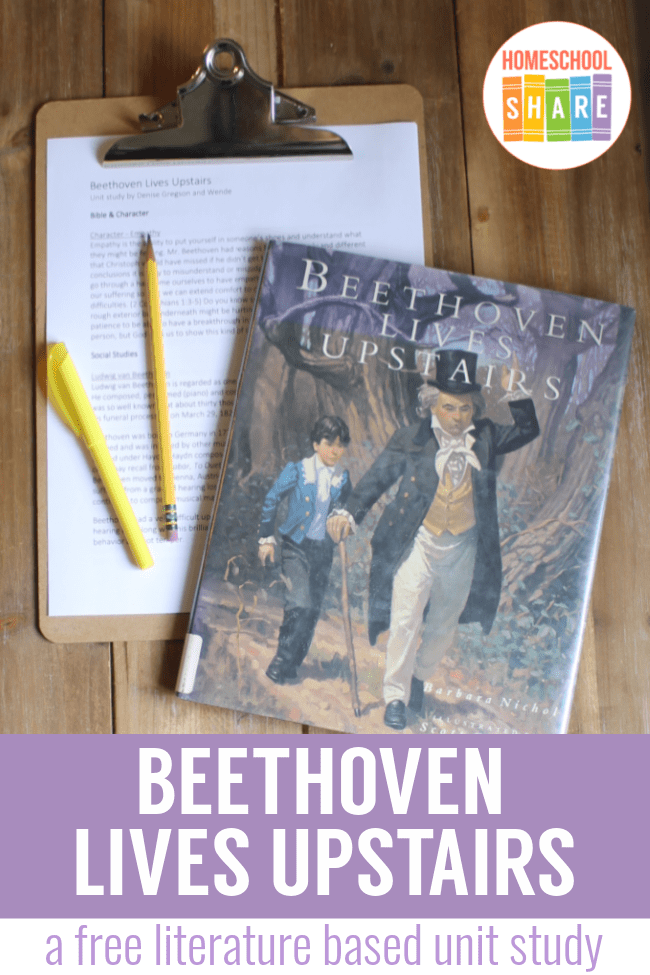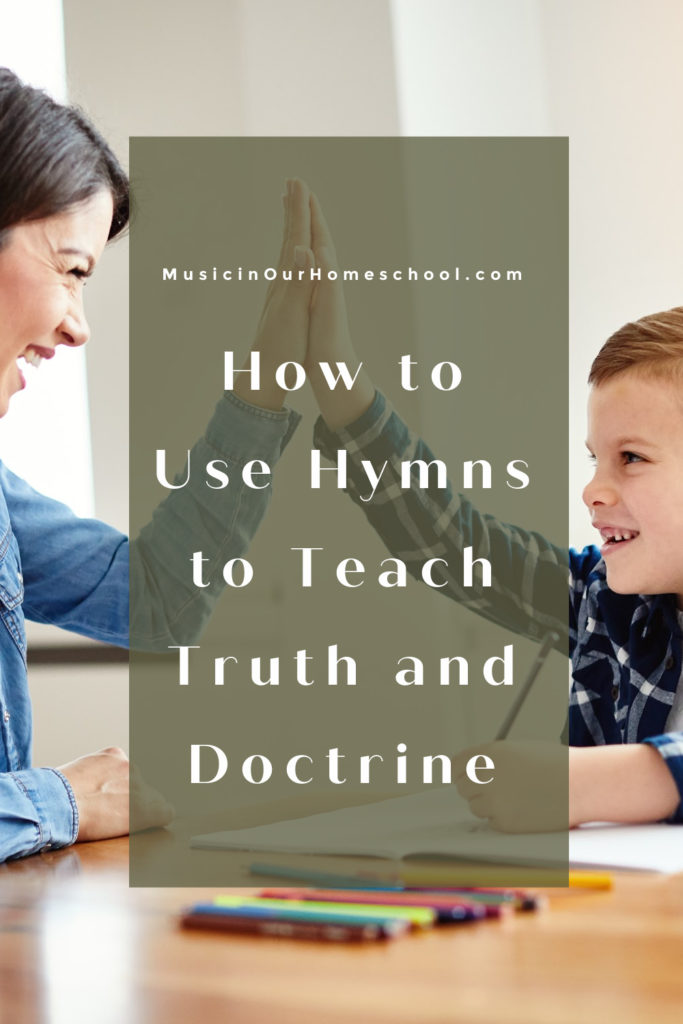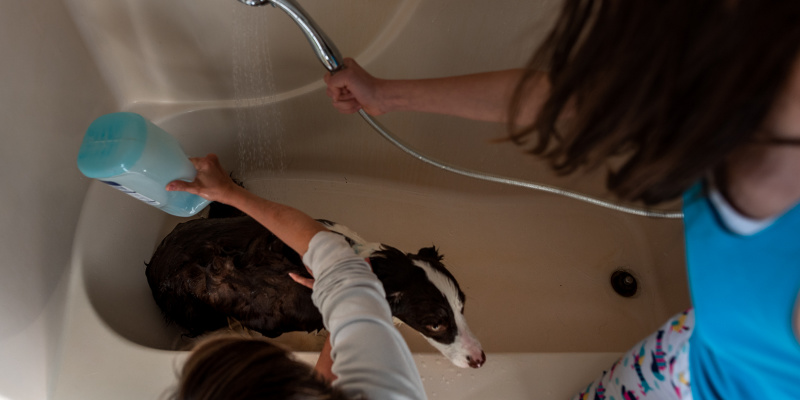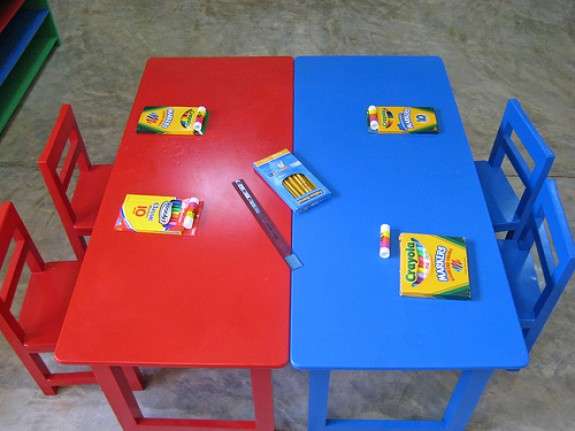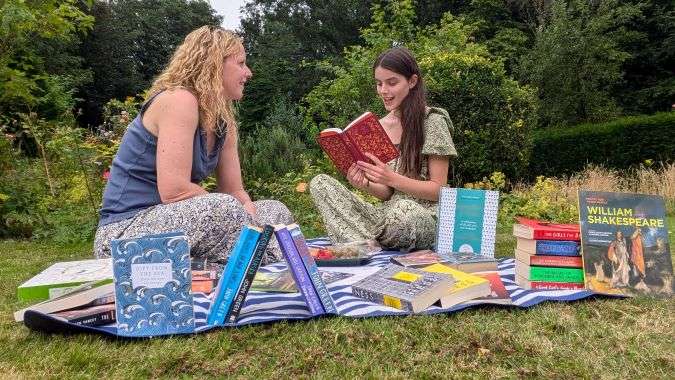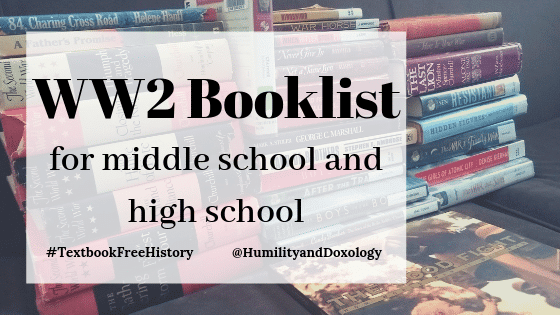To be completely honest, I'm not a homeschooler who likes to use a lot of technology in our home. I'm always encouraging the kids to pick a hobby or book over online gaming. We're tracking our hours for the 1000 Hours Outside Challenge. Our oldest son didn't even get a cell phone until he was 15 years old, and even then, it was reluctantly. I've always wanted our home to be characterized by creativity and simplicity.
But as our homeschool has evolved, so has my philosophy on technology. We have found that there are some things online that can and do benefit our educational journey. However, as we've cracked the door to technology, we've also encountered a lot of "fluff" and over inflated claims. So how do we sort out the good from the bad? How do we utilize the best options without allowing technology to take control of our homeschool?
For us, the key has been to use technology for specific purposes and keep them limited. Not allowing my kids to have free range of technology. And keeping it low stimulation and simple, fulfilling a specific purpose and not simply being used for entertainment.
These are some of the ways in which we've used or continue to use technology in our homeschool:
*Audiobooks--
Audiobooks are perfect for keeping things simple. Hands can be kept busy with handicrafts, sketching, or puzzles while the whole family enjoys a book together. I find this to be especially helpful when my voice is just too tired, but I want to enjoy the book along with the kids. Or if we're traveling to visit family. Audiobooks are a great way to keep the kids engaged while stuck in the car. We utilize audiobooks for read alouds, folk tale reading, and Story of the World history lessons.
*Typing Practice--
When my kids hit 2nd or 3rd grade, we added Dance Mat Typing to our summer curriculum. They enjoyed the challenge of trying something new and adding it to the summer kept it from taking over our school hours. After a summer or two of Dance Mat, we transferred to Typing Club which also challenged them to type faster.
Once they had the typing basics down, I encouraged them to type their history narrations, work on creative writing, and type their compositions. This allowed them to keep practicing while also making it applicable to something we were already learning.
*Language Lessons--
Somewhere in the early years, my kiddos became interested in other languages. While I do know a few languages (mainly Spanish), they had a wide appetite. So while some of them wanted to learn French, we had to outsource. We turned to Duolingo (with supervision). There is some questionable worldview integrated into the lessons so Mom stayed close by, but it served our purposes of introducing a new language for free. Other sources to check out might be Rosetta Stone, Babble, or The ULAT.
*Documentaries--
These are great for learning about new cultures, various animals, science concepts, and historical events, just to name a few. Currently, we are utilizing documentaries for learning about other countries and for learning about the ballet and its famous performers.
*Piano Lessons--
We use Hoffman Academy to supplement our piano lessons. When the lesson books start to feel too dry, we use Hoffman for a few days. It's fun, engaging, and self-paced. There is a lot available in the free accounts, and a treasure trove in the membership.
*Math Class--
There comes a point after Algebra I where my brain simply cannot teach math. When my high schoolers hit that point, we utilize Compass Classroom or DIVE videos to teach Saxon math. I also have one student who really loved Teaching Textbooks in the middle school years. Teaching Textbooks has a 7 day trial offer that we used before purchasing and their cost is very reasonable. Another source that we haven't tried personally, but have heard good things about, is CTC Math. They also allow for a free trial.
*DIVE into Math and Science--
DIVE has been one of the sources we've used for high school math and the teacher is very knowledgeable. The lessons are clearly laid out and easy to follow. We've also used DIVE for Integrated Chemistry and Physics and we found that class to be very thorough. The classes are reasonably priced and they provide a very reasonable sibling discount.
*Paint, Chalk Pastel & Art Tutorials--
There are a multitude of art tutorials on Youtube. One of our favorites there is Arts Hub for Kids. We used this one a lot when my kiddos were in the elementary years and still use it quite a bit in our free time. Another favorite is Chalk Pastels. Nana is a great teacher. Not only is she a wonderful artist, but she also explains a lot about the pastels and techniques. She has an extensive library of videos on her website and the membership is well worth the price.
*No Sweat Nature Study--
We started using No Sweat Nature Study last year with my seventh grader and I really wish I would have started it sooner. Cindy West presents a 45 min to a hour long presentation on some aspect of nature study live twice a month. The lessons are well presented and thorough, and she also guides the students in an illustration of what they've learned. We use these lessons in two ways. Sometimes we use them just for exposure to new concepts in science. Other times, we'll use them as a starting point for further investigation. There is a multitude of resources available on the site for deeper inquiry.
*Star Identification App--
My son is obsessed with space. So my husband download a star/planet identification app on his phone. It's great for stargazing or identifying constellations and planets that we're studying. We love to use this one of weekends and it's also great for tracking planets in different seasons.
*World Watch News--
We started using World Watch News when the kids were in middle school. I had no idea what I was missing. These are 10 min new segments from a Christian worldview. But don't let that fool you. They are fairly unbiased and contain a mix of world news, national news, and human interest stories. We enjoy adding them to our morning basket. They also offer a news based magazine.
*Music in Our Homeschool--
Music in Our Homeschool is a HUGE resource for studying music and composers. The founder offers sample lessons from time to time that we've utilized for seasonal studies, but we've also used her mini-Christmas musicals lessons. I've got my eyes on some of her high school courses as well as the Shakespeare course. These are great way to add some music into your homeschool with minimal prep.
*Hillsdale College--
This one is for my own personal continuing education. Hillsdale provides a wide variety of free courses from government, to literature, to economics. My personal favorites to learn from have been their literature and Bible courses.
Other resources that I've heard good things about, but have not used personally include:
*Answers in Genesis app--
The Answers in Genesis app has a heavy focus on science and apologetics, and offers viewing for supplementing homeschool or family entertainment. Subscription based.
*Canon Plus--
Canon Plus offers audiobooks, family shows, podcasts, sermons, and more. And they have added a kids section.
*Nightzookeeper--
Geared toward ages 6-12 years, Nightzoo Keeper is designed to help kids improve their reading and writing skills. They also offer a 7 day free trial.
*The Great Courses--
The Great Courses has a HUGE selection of courses. They have class on government, architecture, music, literature, history, nutrition. Looking at the catalogue, they seem mostly geared toward high school and older, but I'm seeing a large selection of titles that we would be interested in.
What what you add to this list?

